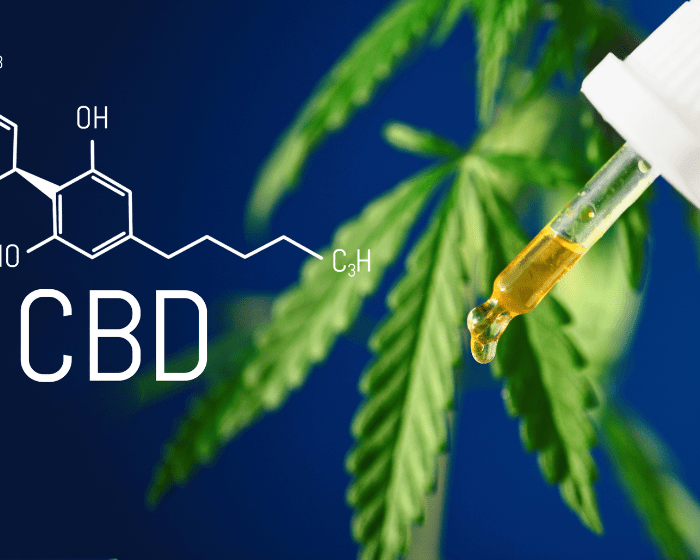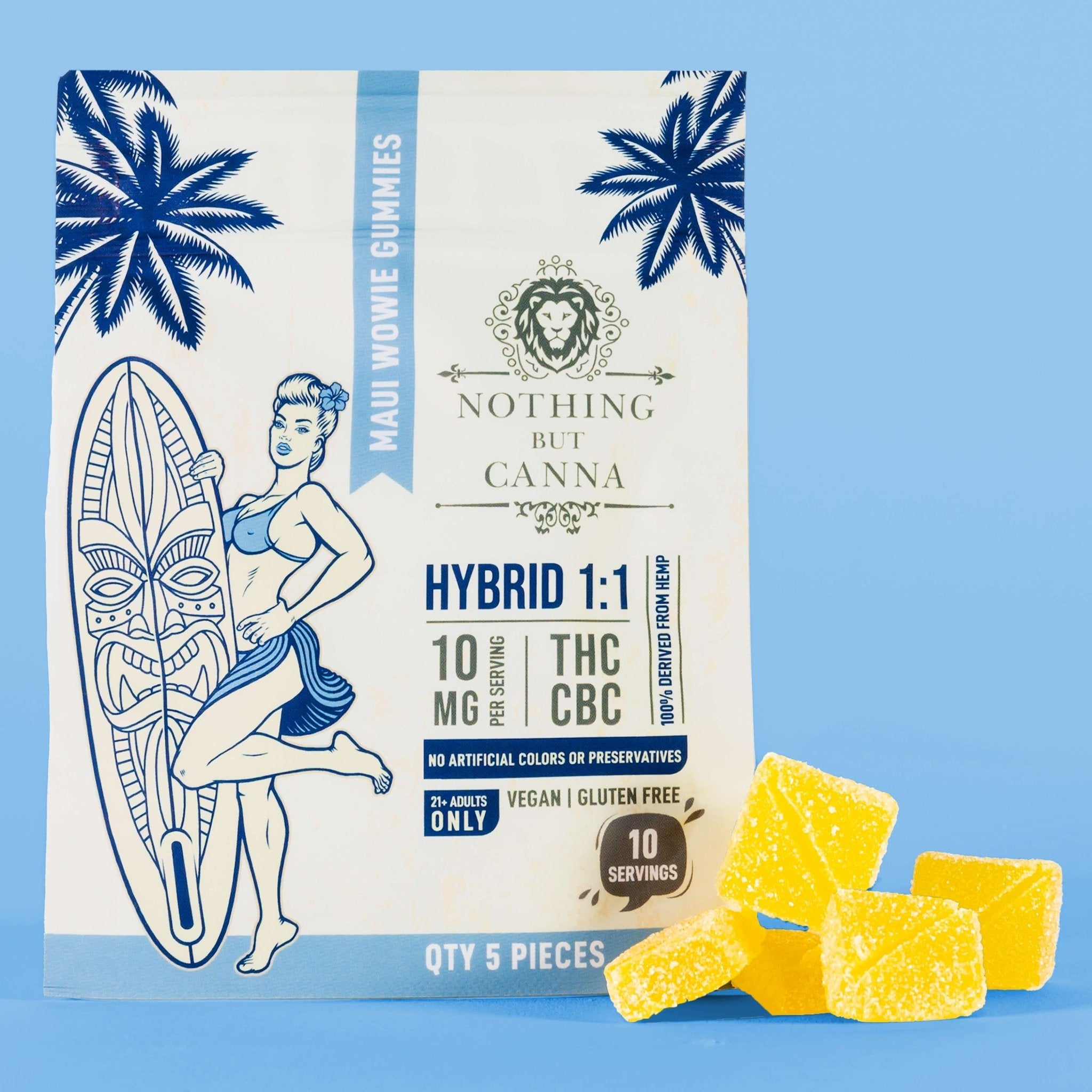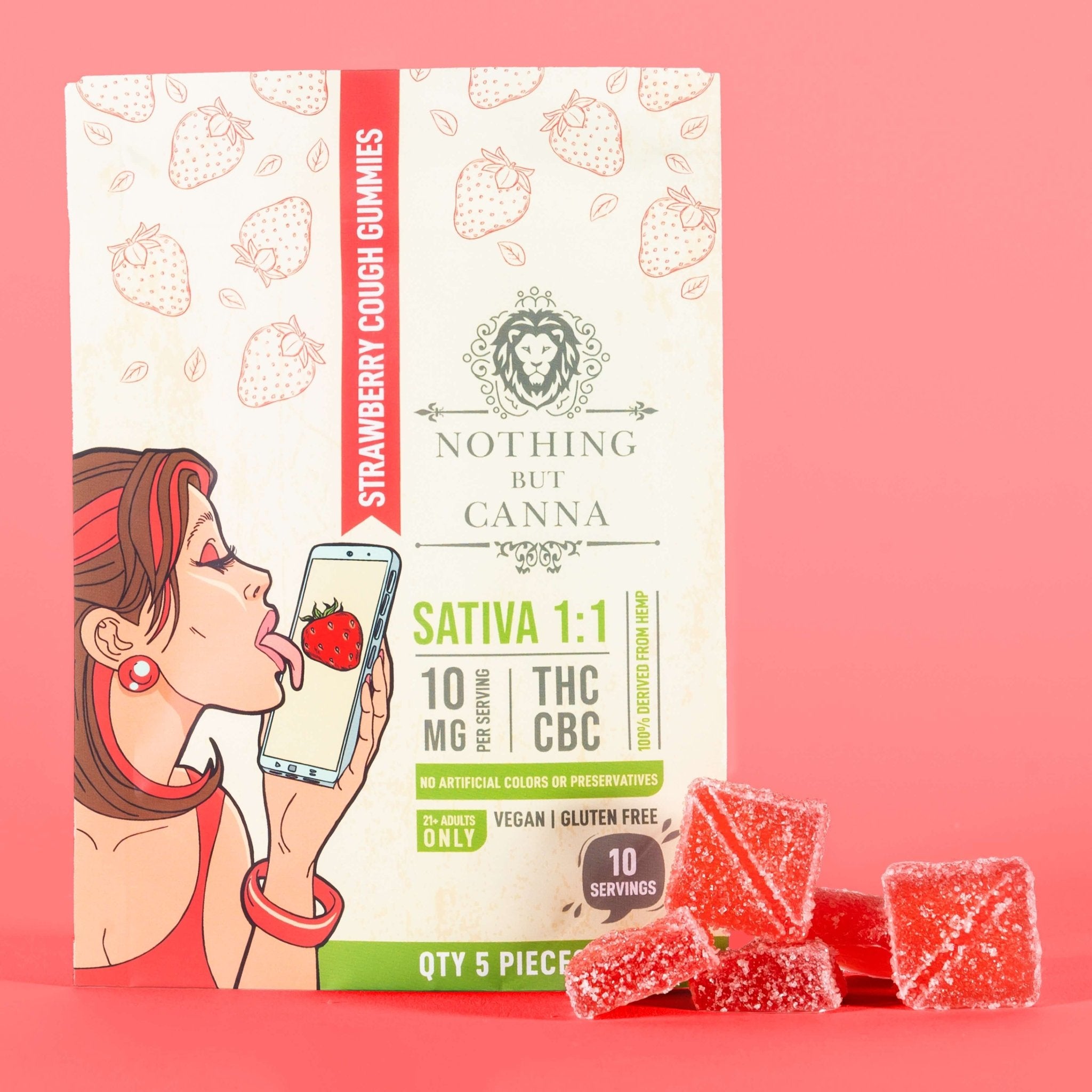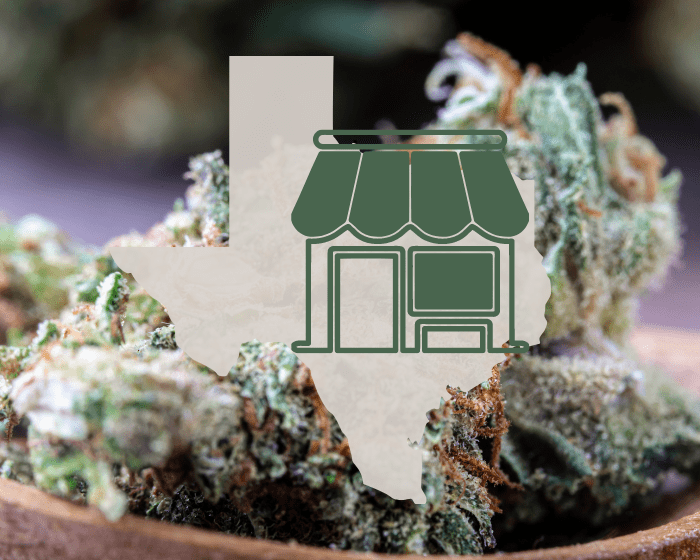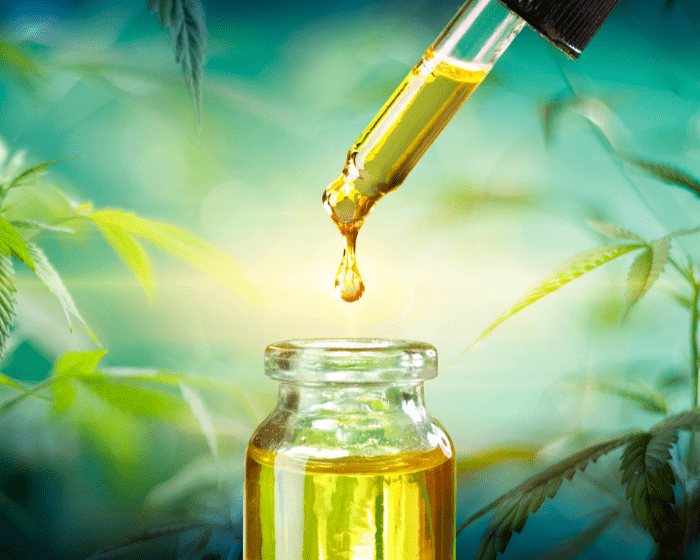
The European agency in charge of food safety has announced a pause on evaluations for cannabidiol (CBD) as food while it gathers more data on safety.
The European Commission, one of the governing bodies of the European Union, had previously established that CBD can be considered a “novel food” as long as it meets the relevant criteria. In the EU, novel food regulations apply to any food without a significant history as part of the human diet before the regulations were put in place in 1997. CBD is a non-intoxicating compound that can be extracted from cannabis plants including hemp, and does not have a known history as food in the EU.
After 19 applicants sought approval for CBD as a novel food, with more applications expected, the European Food Safety Authority said it wouldn’t be approving any of them until it had more information.
“[I]t has become clear that there are knowledge gaps that need to be addressed before a conclusion on the safety of CBD can be reached,” the EFSA said in a statement.
Within the EFSA, a group of experts reviews such applications: the Panel on Nutrition, Novel Foods and Food Allergens (NDA).
The chair of the NDA panel, Prof. Dominique Turck, said, “We have identified several hazards related to CBD intake and determined that the many data gaps on these health effects need filling before these evaluations can go ahead. It is important to stress at this point that we have not concluded that CBD is unsafe as food.”
“It is important to stress at this point that we have not concluded that CBD is unsafe as food.”
— Professor Dominique Turck, Chair of the Panel on Nutrition, Novel Foods and Food Allergens
Specifically, the NDA hopes to gather data on how CBD affects the liver, gastrointestinal tract, endocrine system, reproductive system, nervous system and psychological well-being.
“Stopping the clock on a novel food assessment is not unusual when information is missing,” said Ana Afonso, Head of Nutrition and Food Innovation at EFSA. “It’s the responsibility of applicants to fill data gaps. We are engaging with them to explain how the additional information can be provided to help address the uncertainties.”
“Stopping the clock on a novel food assessment is not unusual when information is missing.”
— Ana Afonso, Head of Nutrition and Food Innovation at European Food Safety Authority
In US, FDA Has Also Been Slow to Approve CBD as Food
Getting federal approval for CBD and other cannabinoids to be used in food and dietary supplements has been difficult in the United States too, for similar reasons.
Despite repeated requests from federal lawmakers and the food industry, the US Food and Drug Administration (FDA) has yet to build a regulatory framework for CBD. The agency maintains it needs time to study potential health risks before creating regulations.
“Clear answers to many important questions are still lacking,” the acting chair of the FDA’s cannabis-product committee said last November, “such as what adverse reactions may be associated with CBD from hemp-derived products and what risks are associated with the longterm use of these products.”
Meanwhile, sales of hemp extracts continue in a regulatory gray area with little oversight on safety testing or labeling.
In April, US House Representative James Comer (R-KY) requested a committee-level hearing with the FDA to address its failure to establish regulations for the sale of hemp-derived extracts including CBD.
“Across the United States, inauthentic products are sold under the likeness of legal hemp but are improperly labeled, contaminated with harmful chemicals, and marketed to children,” Comer wrote. “We must hear directly from the FDA to ensure the agency has a plan to institute a regulatory solution that can effectively monitor the sale of hemp products and protect the health of children.”
In his letter, Comer noted that in legalizing hemp with the 2018 Farm Bill, Congress had tasked the FDA with oversight of consumable hemp products.
The head of the FDA has since agreed with critics who say the agency has done little to regulate CBD products since hemp was legalized in 2018, but also said the FDA would need greater regulatory authority to build enforceable rules for hemp extracts and derivatives.
























